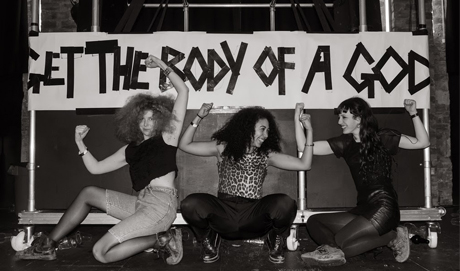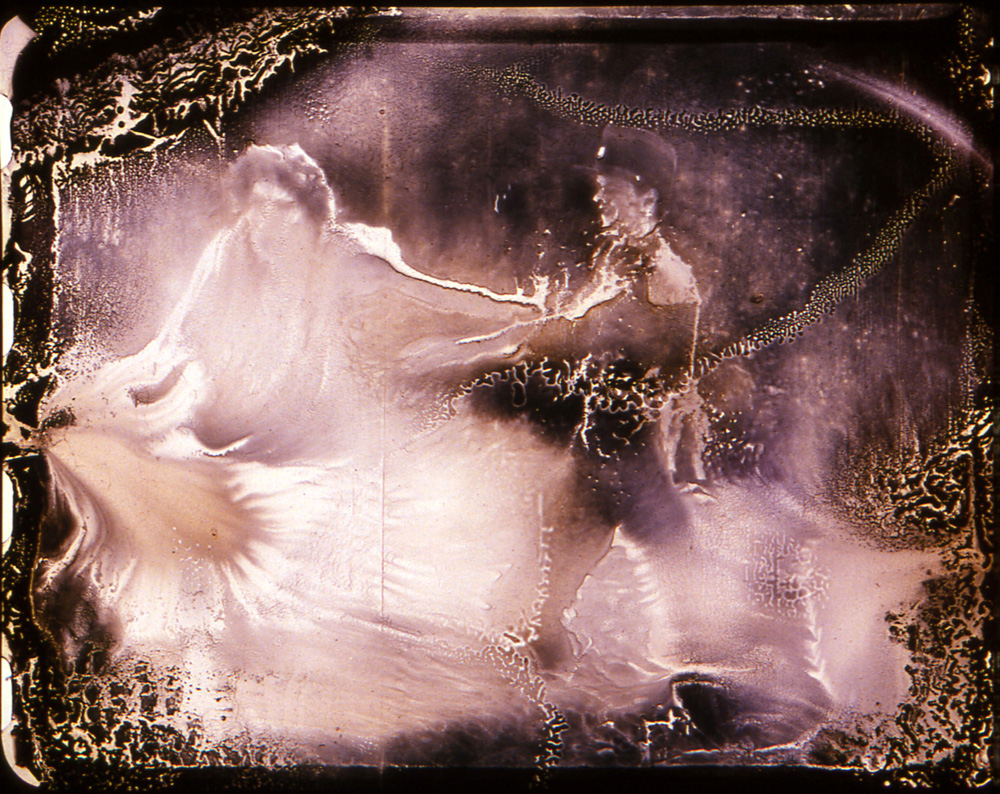
Prisoner Solidarity in Practice
Prisoner Solidarity Network Glasgow Prisoner Solidarity
How do people both inside and outside of prison work together to dismantle the criminal justice system and build a society based on collective care?
Arika have been creating events since 2001. The Archive is space to share the documentation of our work, over 600 events from the past 20 years. Browse the archive by event, artists and collections, explore using theme pairs, or use the index for a comprehensive overview.

How do people both inside and outside of prison work together to dismantle the criminal justice system and build a society based on collective care?

Sparse and miniature free thought workouts involving guitar, vocals and tuba.

“Mackey composes realist-mythic layering of lyrical prose unlike anything being written today.” — New York Times. “Our greatest living epic poet…Mackey’s poetry and criticism have reinvented modernism for our time.”— LitHub

Open community meeting to discuss some of the prevalent concerns impacting the ballroom community.

A movement-based workshop on Krump and the politics of how we teach, learn and listen with our bodies. Move with us!

Each film in this programme celebrates process; the decay of emulsion, the properties of dust and dirt, the manipulation of time. Post the dawn of the digital age, we reflect on our love of the film form, celluloid as an object, a medium and a physical entity.

Rather than asking the state for services, what kinds of change are made possible when we prioritise people supporting each other?
A day of presentations and discussions on the theme of audio visual perception in the context of experimental music, film and art.

Relative patterns of occlusion and exposure occupy two screens. Each exposure fires a stroboscopic flash of colour: yellow for one screen; blue for the other, filling the centre of both screens with colour, haloed with after-images.

Underlying radical transfeminism, as an urgent critique of binary essentialism and fixed identities, is the call for a new kind of thinking that can move between and integrate the truths of all lives in their transformations.

Three short performances involving social exchange (jumpers, hats, glasses…) and singing (ballads)

One of the most compelling Indigenous voices of her generation discusses practices of Indigenous Resurgence drawn from Nishnaabeg poetic knowledge.